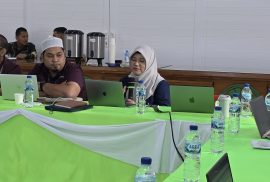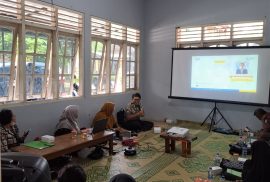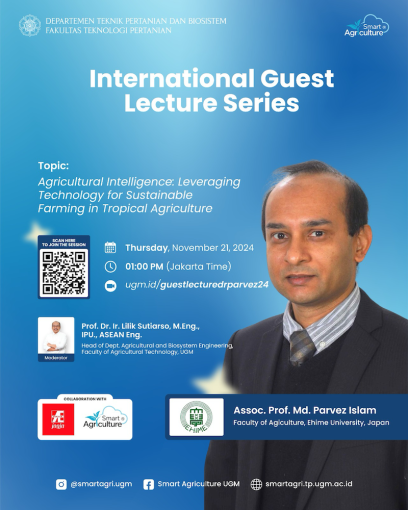
Yogyakarta, November 21, 2024 – The Department of Agricultural and Biosystems Engineering (DTPB), Faculty of Agricultural Technology, Gadjah Mada University (UGM) in collaboration with Ehime University, Japan, hosted a guest lecture featuring Assoc. Prof. Mohammad Parvez Islam. The event was opened and moderated by Prof. Dr. Ir. Lilik Sutiarso, M.Eng, IPU, ASEAN Eng., focusing on the application of artificial intelligence (AI) in tropical agriculture, particularly regarding strategies for developing valid datasets and implementing AI systems in tropical agricultural environments.
Assoc. Prof. Parvez Islam, an expert in AI and agriculture, shared his experiences and expertise in building data-driven AI systems. The interactive discussion involved participants from various academic backgrounds, yielding valuable insights into the challenges and opportunities in developing AI for agriculture. One key point discussed was the importance of data validation and strategies for obtaining high-quality datasets to support the development of reliable AI systems.
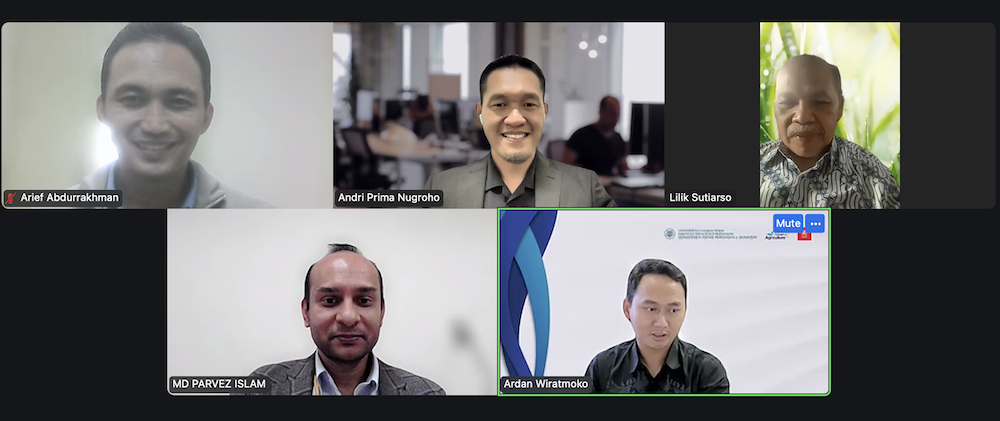
The presence of Dr. Arief Abdurrakhman from Ehime University and ITS Surabaya, along with UGM faculty and researchers, including Prof. Lilik Sutiarso and Dr. Andri Prima Nugroho, enriched the discussions and collaborations in the effort to develop sustainable agricultural technology. This guest lecture is part of UGM’s initiative to enhance the quality of research and education in precision agriculture.
During the lecture, Assoc. Prof. Islam emphasized the critical role of agricultural productivity in ensuring food security, especially in tropical regions where climate change poses significant challenges. He highlighted how AI can optimize farming practices, improve crop yields, and reduce resource wastage, aligning with the Sustainable Development Goals (SDGs) aimed at ending hunger and promoting sustainable agriculture.
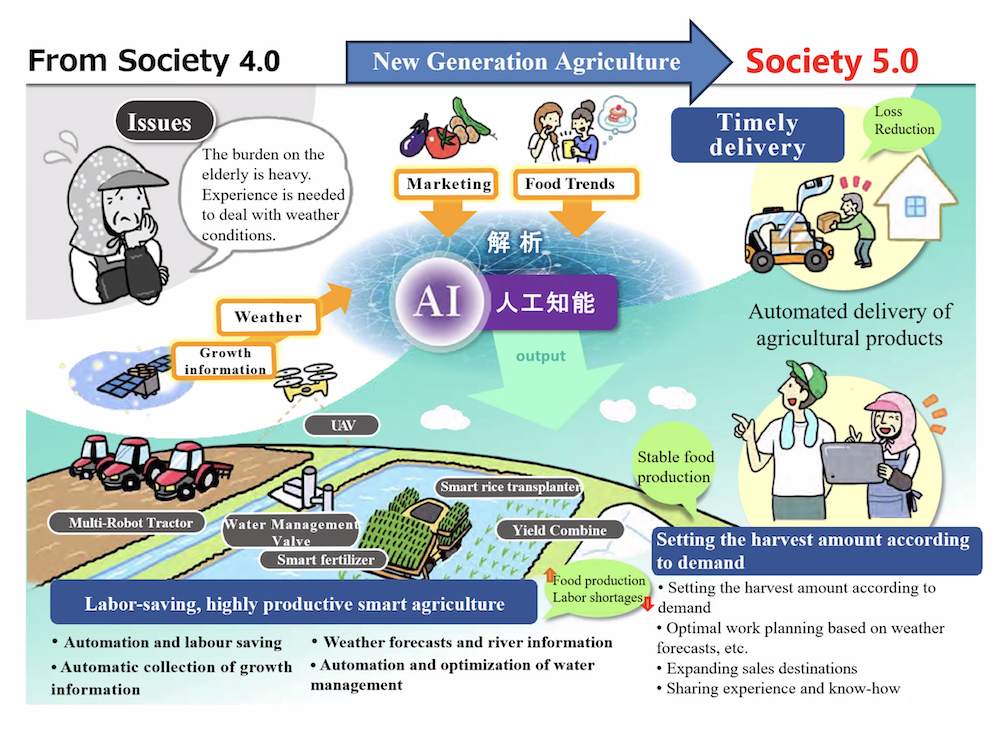
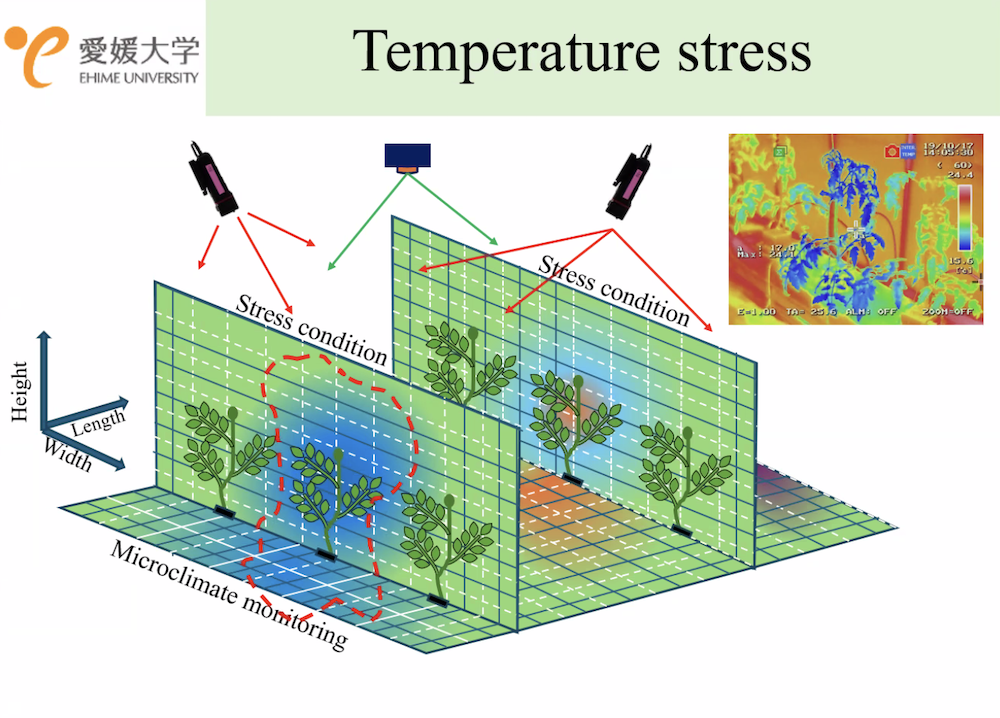
The discussion also touched on the integration of AI with traditional farming methods, showcasing how technology can complement existing practices rather than replace them. Participants were encouraged to think creatively about how AI can be tailored to local agricultural contexts, ensuring that innovations are accessible and beneficial to smallholder farmers.
Furthermore, the lecture addressed the ethical considerations surrounding AI in agriculture, including data privacy and the potential for bias in AI algorithms. Assoc. Prof. Islam urged researchers and practitioners to prioritize ethical standards in the development and deployment of AI technologies, ensuring that they serve the interests of all stakeholders in the agricultural sector.
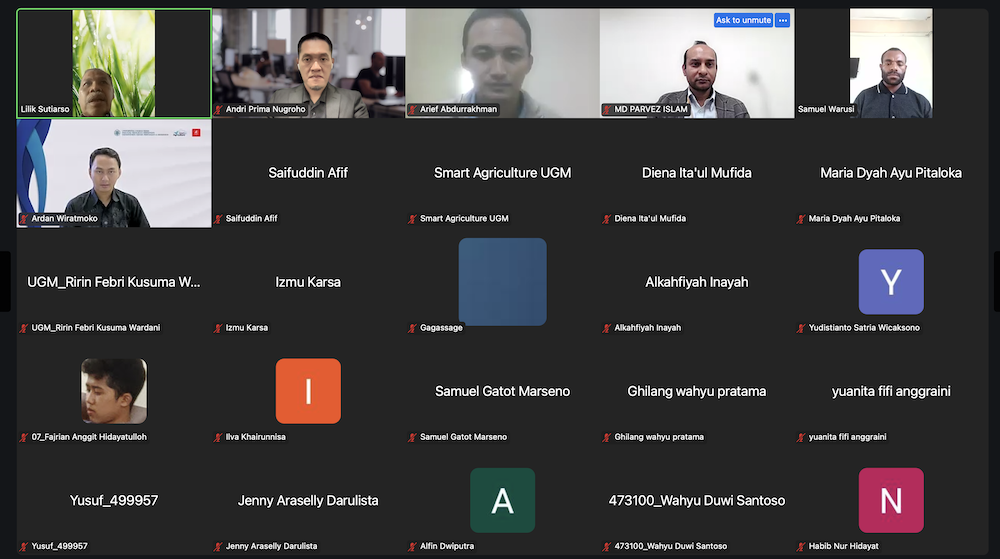
The event concluded with a Q&A session, where attendees posed questions about the practical applications of AI in their respective fields. The enthusiasm and engagement from the audience underscored the growing interest in leveraging technology to enhance agricultural productivity and sustainability.
In summary, the guest lecture by Assoc. Prof. Parvez Islam provided a platform for knowledge exchange and collaboration among academics, researchers, and practitioners in the field of agriculture. It highlighted the potential of AI to transform tropical agriculture, paving the way for innovative solutions to pressing agricultural challenges.
As UGM continues to foster partnerships with international institutions like Ehime University, the university aims to remain at the forefront of agricultural research and education, contributing to the global efforts in achieving the SDGs related to agriculture and food security.


